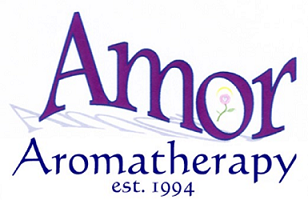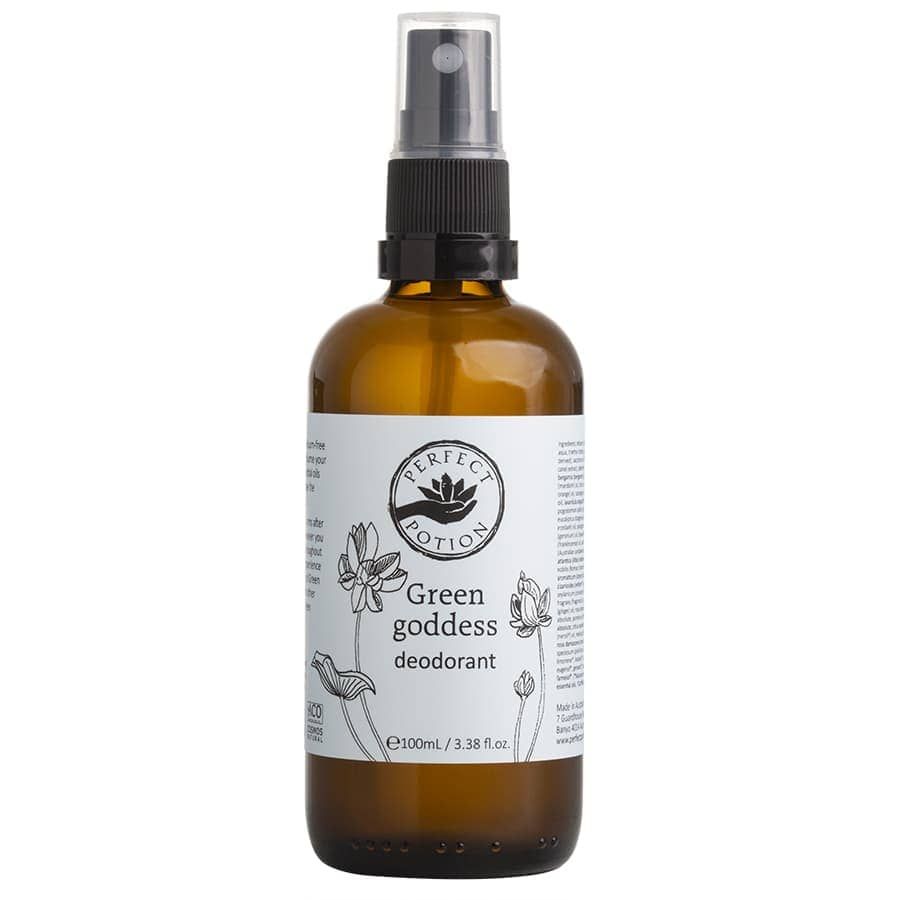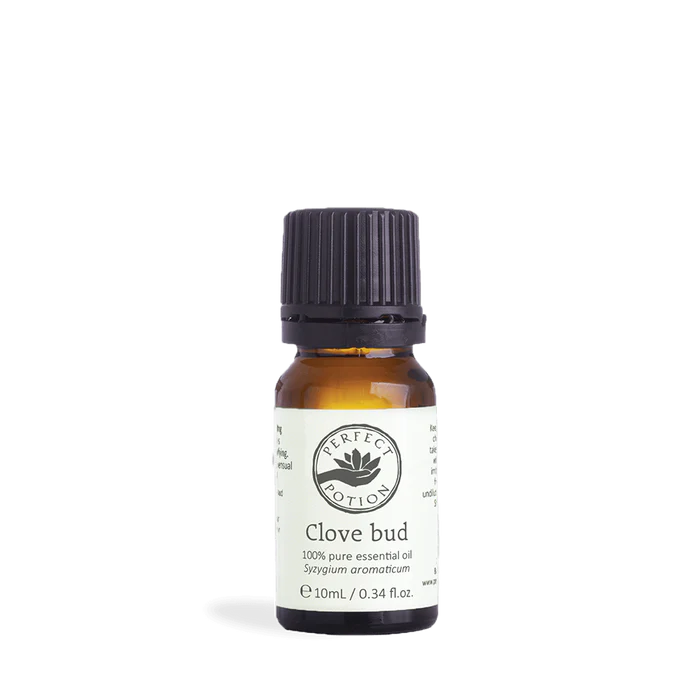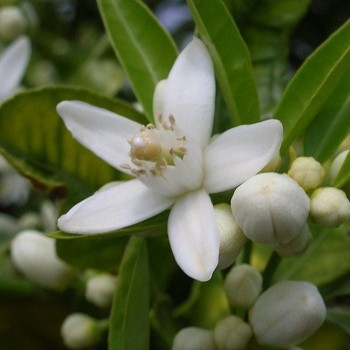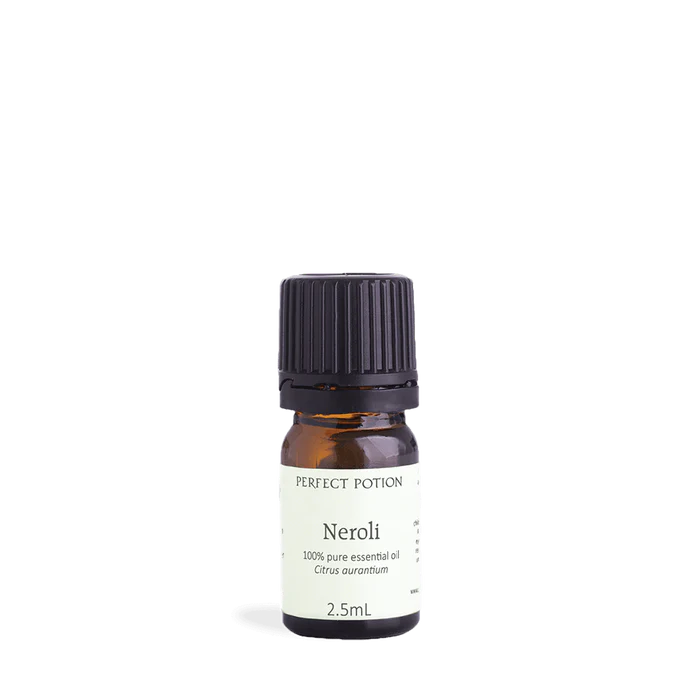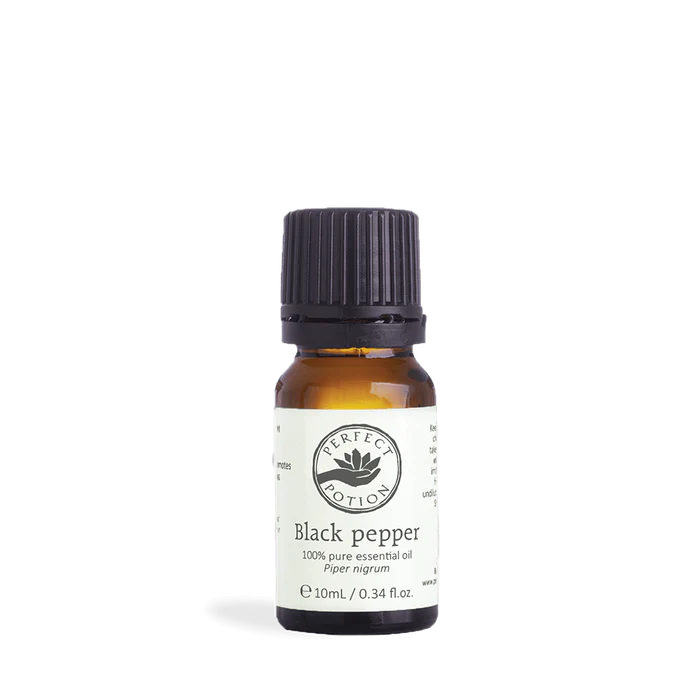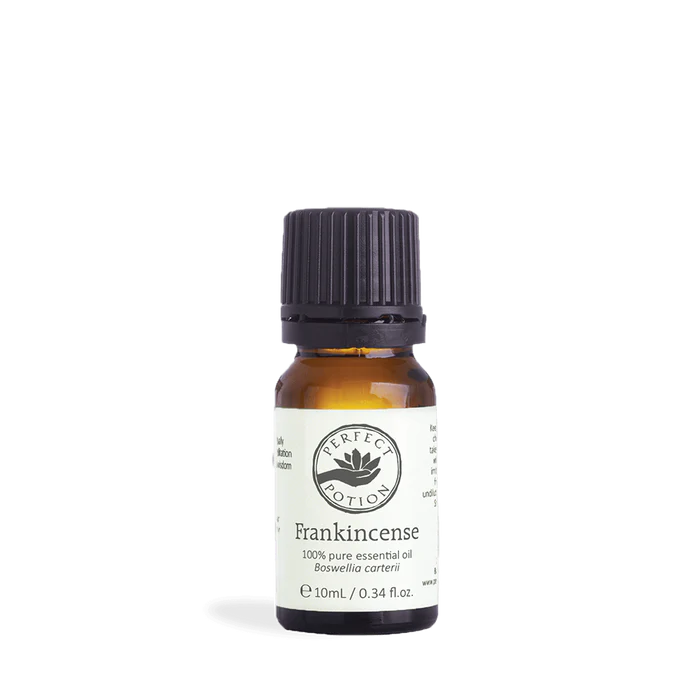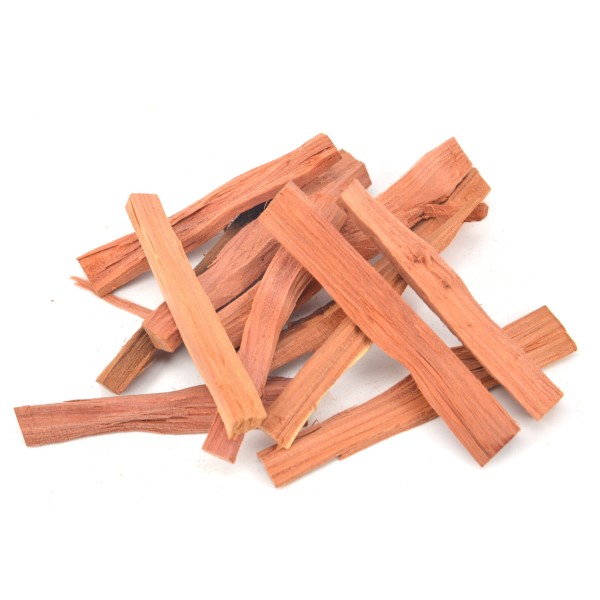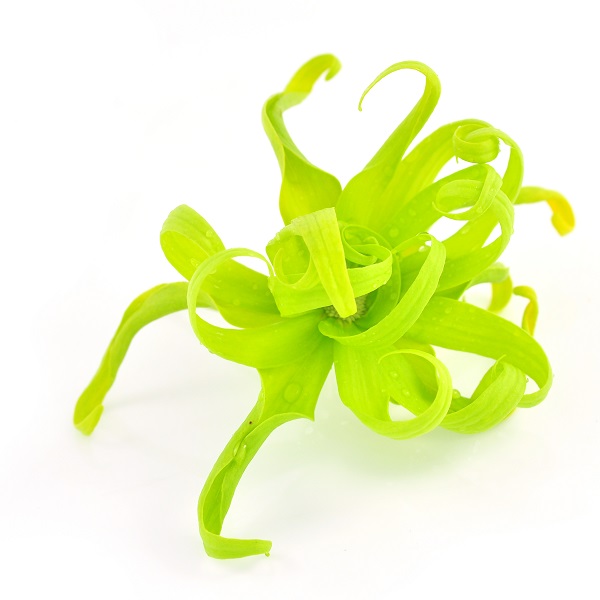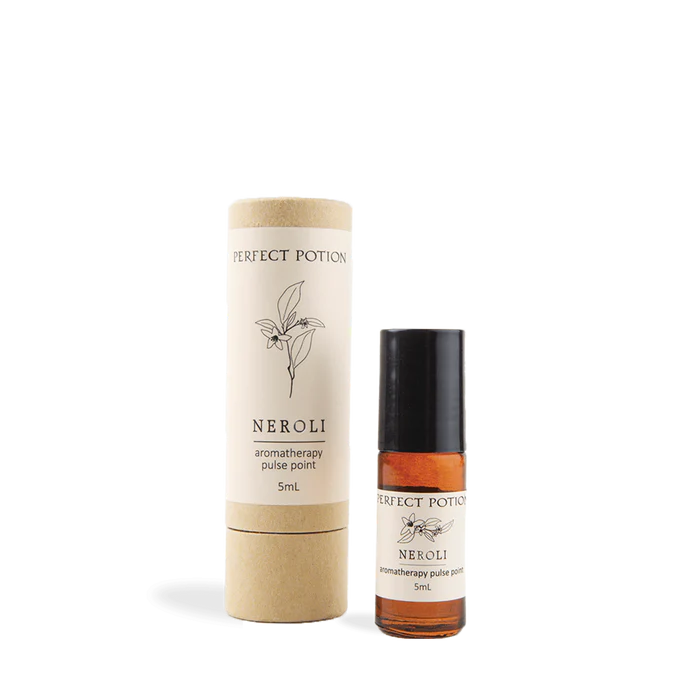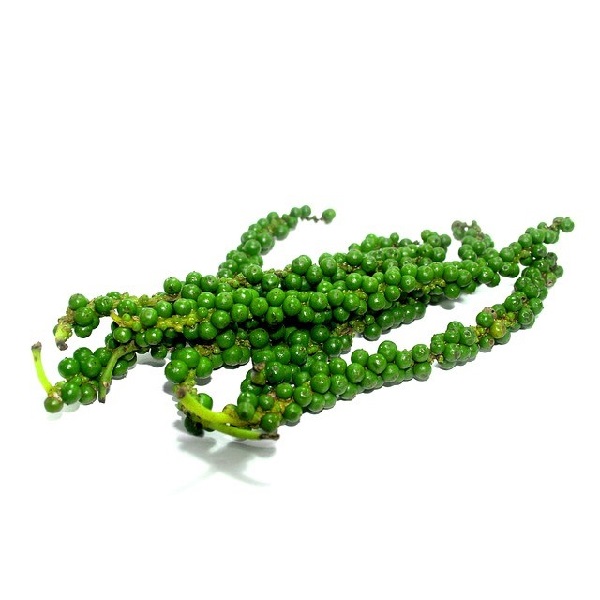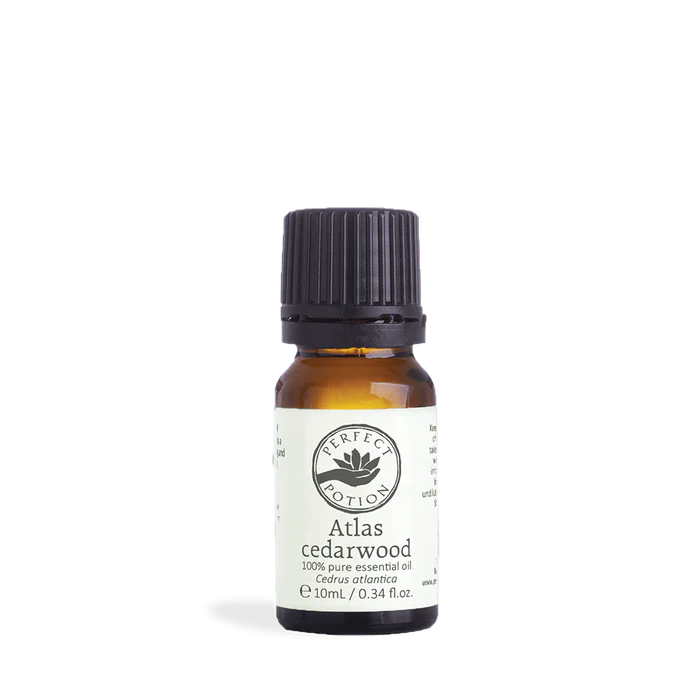Categories
Manufacturers
Featured [more]
Sale: $8.69
Save: 40% off
Sale: $0.14
Save: 40% off
Sale: $0.14
Save: 40% off
Sale: $0.14
Save: 40% off
Latest Amor Blog [View All]
More Information
Nutrition - Quercetin and Hay fever

Quercetin is a bioflavonoid polyphenol that is available in fruits, herbs and vegetables. It has the ability to reduce inflammation, allergic reactions and toxins as well as having anti-carcinogenic, antiviral, antioxidant, and psychostimulant properties, and the ability to inhibit lipid peroxidation, platelet aggregation and capillary permeability, and to stimulate mitochondrial biogenesis.
Wow, that’s a mouthful!
Quercetin helps cell wall integrity, and that includes preventing histamine from attacking all your cells in the areas that you typically flare up.
So how exactly does Quercetin help allergies?
Quercetin and its derivatives are transformed into various metabolites (phenolic acid) by enteric (gut) bacteria in the small intestine and colon, and enzymes in intestinal mucosal epithelial cells. This then helps them travel through your bloodstream where they can apply their different properties, based on what your body is requiring.
Interestingly, studies done with supplements have not been as effective compared to eating the fruit and vegetables, which tells me that our guts require the whole food and not just a component, unless that component is carefully balanced with the right nutrients so that it is optimally absorbed.
So which foods have Quercetin I hear you ask?
- Fruit: : Apple. Black plums, Bilberry, Blueberry, Capers, Cranberry, Grapes, Strawberry
- Herbs: Black Tea, Dill, Dock, Fennel leaves, Green Tea, Lovage, Prickly pear
- Vegetables:
Leaves: Cabbage, Kale, Radicchio, Radish leaves, Watercress
Everything else: Broccoli, Buckwheat, Kumara, Onions (higher in Red), Shallots.
The catch is, as soon as you peel your fruit or vegetable, you have reduced most of the quercetin content, so wash gently and serve complete except for the very outer layer of onions.
Fresh Capers have the highest content, not so much once they are pickled.
Did you know that Quercetin was discovered in 1857
and is derived from quercetum (oak forest), after Quercus?
Quercetin Supplements ~ if you don’t eat fruit and veges
Yes, I do have supplements available, and I take them every time I have an allergic reaction to food as they help my system to settle down faster. Here are my favourite Practitioner options. As they’re not listed on my website, You do need a prescription from me, and I’m giving 10% off for this season.
|
Orthoplex |
Orthoplex |
Bioceuticals |
|---|---|---|
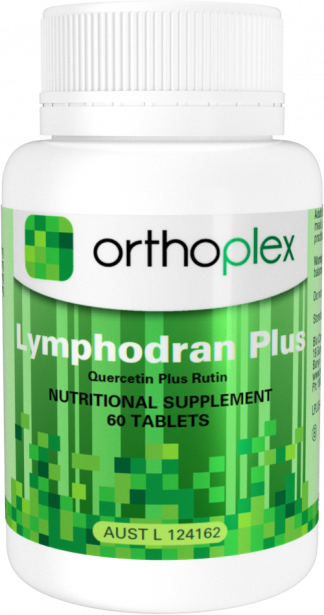 |
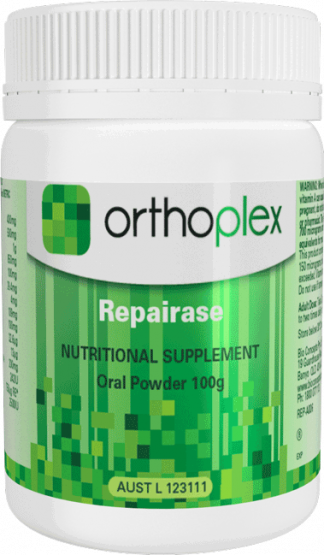 |
 |
|
Lymphodran Plus provides powerful nutrients to help support and regulate immune function.
Quercetin and Rutin help to down-regulate inflammation - along with Bromelain, and assist with modulating the body's immune response.
Indications:
|
is a great one to add if you are sporty and prone to inflammation with soft tissue injuries.
The First Four Steps to Recovery!
Repairase offers powerful antioxidant nutrients designed to help modulate immune and inflammatory responses in the body.
The synergistic combination of nutrients provides an all-in-one, high strength formula as the ultimate therapy in supporting healthy immune function for optimal protection. |
Allergy support with quercetin, bromelain, protease, vitamins C, B6 and rutin.
Featuring an excellent combination of flavonoids, vitamins C and B6, and proteolytic enzymes, Histammune Clear provides an innovative clinical tool to support a healthy immune response, reduce allergic reactivity, and manage inflammation and conditions related to excessive histamine release and/or accumulation, such as seasonal allergies. |
Bibliography:
Balch, PA. (2006). Prescription for Nutritional Healing 4th Edition. Avery, USA
Holford, P. (2004) The Optimum Nutrition Bible. Piatkus, UK
Li, Y., Yao, J., Han, C., Yang, J., Chaudhry, M. T., Wang, S., Liu, H., & Yin, Y. (2016). Quercetin, Inflammation and Immunity. Nutrients, 8(3), 167. https://doi.org/10.3390/nu8030167
Mager, S. (2014). The Building Blocks of Perfect Health: Vitamins, Minerals, Amino Acids, Fatty Acids, Flavonoids Functions & Dietary Sources. Aracaria Guides Publishing, Australia
Oseicki, H. (2002). The Nutrient Bible, 5th Edition. Bioconcepts Publishing Ltd, Australia
